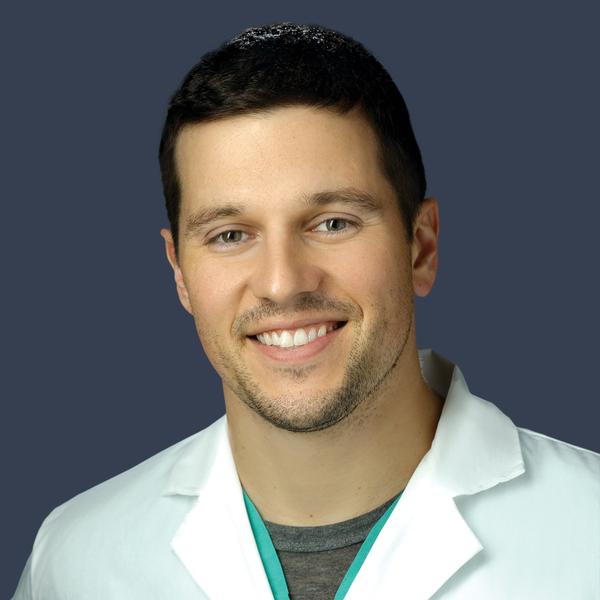Meet Kevin Handy, MD
 With the alarming rise in the abuse of prescription and non-prescription opioids dominating the headlines, many medical professionals may be at a loss to understand the full scope of the crisis, and what they can do about it.
With the alarming rise in the abuse of prescription and non-prescription opioids dominating the headlines, many medical professionals may be at a loss to understand the full scope of the crisis, and what they can do about it.
Kevin Handy, MD, hopes to help provide some of those answers. An attending physician in both Critical Care Medicine and Anesthesiology at MedStar Washington Hospital Center, Dr. Handy has developed a lecture series, highlighting the opioid epidemic and alternative pain control regimens for critical care. Decreasing usage of opioids in general, specifically among the critical care population, would go a long way toward reducing opioid prescriptions upon discharge. He is also working on opioid reduction protocols specifically for the cardiac surgical patient population
Dr. Handy saw the extent of the epidemic firsthand in Boston, while performing his anesthesiology residency at Brigham and Women’s Hospital, and his critical care fellowship at Massachusetts General Hospital.
“It was truly surprising to find the problem isn’t limited to rural areas, but is widespread in cities as well,” he says. “The ICU is a gateway for addiction, so we have a big responsibility, when it comes to pain control drugs and sedatives.”
The Opioid Epidemic and ICU Cultural Shift
As revising these practices may involve a major cultural shift in critical care for many longtime practitioners, Dr. Handy hopes to start delivering his lectures next spring, to interns at Georgetown University’s School of Medicine, where he received his own medical training.
“Teaching interns about opioids before they hit the floor, will help them build good habits at the outset of their careers,” he says.
It was during his own medical school rotations that Dr. Handy chose what some might consider as diametrically opposite specialties. But he’s found that anesthesia and critical care actually balance each other quite well.
In administering anesthesia, for example, “the 16-minute period before a procedure is very important, because the family is usually there, and you’re trying to gain their trust,” Dr. Handy explains. He adds that if a problem arises during surgery, it happens fast.
“You’re usually working by yourself, so addressing any problem is all up to you,” he says.
Critical care, on the other hand, involves more teamwork, with nurses, residents, technicians and others working together for each patient. As an attending physician, he must be able to delegate responsibilities, and trust that other members of the team understand what needs to be done.
“I also enjoy teaching,” Dr. Handy adds, “and there’s no better place to do that than the ICU.”
Outside the Hospital
Dr. Handy’s family life is likewise a study in balance. His wife, Natasja, is taking time off from her career as an attorney, to perform in stage shows around the area. The couple also has a 15-month-old son, Ben.
“We’re both from this area, so it’s great that we can see family regularly,” Dr. Handy says. Along with meeting up with his Dad for a round of golf, Dr. Handy also enjoys reading. And as one might expect, his choices alternate between fiction and non-fiction, “and always something non-medical,” he says with a laugh.